Steven Saus
There are people I love. There are people who love me. I fight for what I believe, protect those I could, and stand my ground against the encroaching darkness.
- 100 Posts
- 21 Comments

 51·3 months ago
51·3 months agoYou aren’t wrong; it’s just WORSE for female-presenting folx.

 2·3 months ago
2·3 months agoExactly so; while it seems obvious to anyone who has worked in healthcare in direct patient care, health facilities are increasingly owned by private investors.

 2·3 months ago
2·3 months agoIt can be, but isn’t necessarily so. As an AuDHD (autism + ADHD) person, I have “structural alterations” that result in things being different in ways that can be positive or negative. The brain is also EXTREMELY plastic and able to adjust to a lot. That said, the short-run effects are almost always going to be inconvenient at best for the person in question.
You could try using a relay somewhere in your process; while I was on a travel gig I had to do some finicky work with a travel router (though this may not work, since you need a VPN for your work, but maybe it’ll give you an idea: https://ideatrash.net/2022/05/howto-secure-and-share-your-internet-on-free-wireless-wifi.html
Also if you have your DNS resolvers manually put in, you may not encounter their portal. Had that problem when on hotel wifi as well.
All that said, I ended up using phone data a lot.

 3·4 months ago
3·4 months agoTrue; the rapidity of the weight loss is one of the main draws of GLP-1 agonists, and that shifts the timeframe for adjusting those meds. My thyroid levels get checked about twice a year, for example.

 3·4 months ago
3·4 months agoYou are completely correct; what it’s doing is not presenting new ideas so much as pushing back against the narrative of the freeloading immigrant, which is only supported by cherry-picking what taxes “count” as taxes and ignoring the regressive taxes that you, appropriately, note that most people don’t think of when they say “taxes”.

 81·4 months ago
81·4 months agoMilton: We use only the finest baby frogs, dew picked and flown from Iraq, cleansed in finest quality spring water, lightly killed, and then sealed in a succulent Swiss quintuple smooth treble cream milk chocolate envelope and lovingly frosted with glucose.
Praline: That’s as maybe, it’s still a frog.
Milton: What else?
Praline: Well don’t you even take the bones out?
Milton: If we took the bones out it wouldn’t be crunchy would it?
Praline: Superintendent Parrot ate one of those.
Parrot: Excuse me a moment. (exits hurriedly)
Milton: It says ‘crunchy frog’ quite clearly.
Praline: Well, the superintendent thought it was an almond whirl. People won’t expect there to be a frog in there. They’re bound to think it’s some form of mock frog.
Milton: (insulted) Mock frog? We use no artificial preservatives or additives of any kind!
Praline: Nevertheless, I must warn you that in future you should delete the words ‘crunchy frog’, and replace them with the legend ‘crunchy raw unboned real dead frog’, if you want to avoid prosecution.
Flatpak can sometimes complain when there’s a symlink (Steam, in particular, does this) so you can use the symlink, but have to update XDG-USER-DIRS to point to the actual location. I wrote it up here: https://ideatrash.net/2024/07/howto-update-xdg-user-dirs-to-avoid-symlink-issues-with-flatpak.html

 32·4 months ago
32·4 months agoDoesn’t really matter if it’s Catholic teaching or not if you’re not Catholic.

 14·4 months ago
14·4 months agoWV native here. He and his family (see his daughter’s involvement in EpiPen pricing) have enriched themselves by swindling those who have less than themselves. He’s a Republican dressed up as a Democrat so he could run in WV.

 5·5 months ago
5·5 months agoThe whole point of the scientific method is to test – and re-test – things that are “obvious”. Sometimes they are (as they are here). Sometimes they are not. Having certainty and evidence means that it is harder for those who would cut such benefits to pretend as if it doesn’t matter.

 3·5 months ago
3·5 months agoThe pun was intended. :)

 41·5 months ago
41·5 months agoThe pun was intended. :)

 531·5 months ago
531·5 months agoYou are making a false equivalency between “being Christian” and “being a bigot”. While there is a high correlation, particularly with some denominations of Christianity, they are not synonymous. (Heck, I’ve seen some religious groups at my local Pride celebrations for years.)
Presumably you’re aware of this.

 1·5 months ago
1·5 months agoPSA == Prostate Specific Antigen, referring to a blood test used to screen for prostate cancer.
I presume the rest of the words are easily understandable or able to be looked up.

 8·5 months ago
8·5 months agoI believe their logic is such (I’m not involved with the study, but have a background in medicine and research):
Elevated PSA (a blood test) signals prostate cancers.
PSA tests are relatively routine bloodwork with an assumption of uniform coverage across all patients, trans or not. PSA tests are presumed to uncover early cancer presentation. Therefore, if we’re only seeing advanced cancer presentation in trans women, the PSA test is a poor screening device for early prostate cancer in that population.Point 2 is a big assumption; I am ignorant if that would be a confounding variable in real life, or if that’s even been studied.

 3·8 months ago
3·8 months agoI get this argument… but I keep seeing folks talk about Threads as if it’s somehow an existential threat to Mastodon rather than “big crappy instance with asshats on it,” and I don’t quite understand how it’s more than that… at least at a level that users and instance admins have any influence over. Can someone ELI5?

 1·9 months ago
1·9 months agoOh, neat! Thanks for pointing out the USA centrist viewpoint I had there! My bad indeed!

 15·9 months ago
15·9 months agoFor what it’s worth, if you post a story (for example) to the open internet – your blog, social media – and there is NOT a paywall or explicitly restricted access, many (if not all) publishers will consider that material previously published. That doesn’t mean it’s public domain at all, but it does recognize that the work is not private. Likewise, I’d consider any social media post being akin to posting a sign in my front yard. If someone does the work of driving by and taking pictures of the signs in my front lawn, that’s their right – unless I’m in a closed, gated community.
Then again, i see people thinking that they somehow “own” their Facebook feed, so …

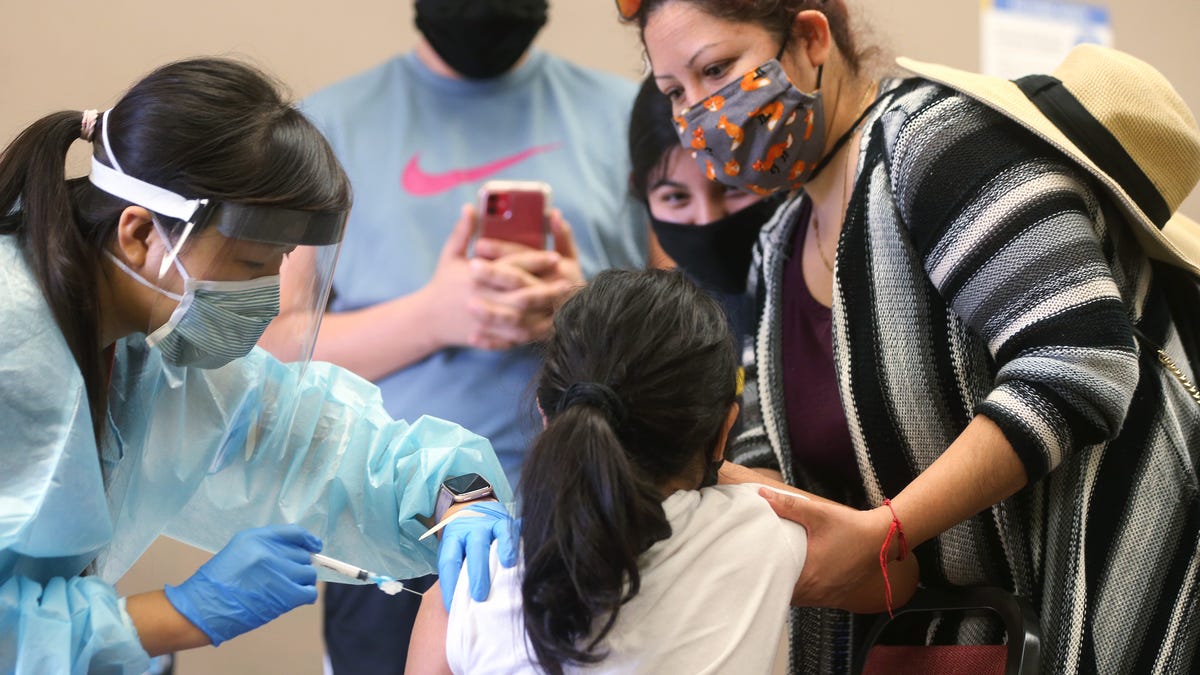
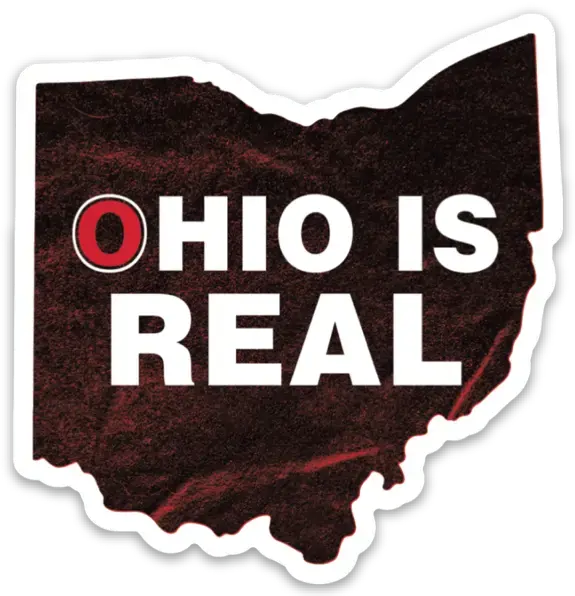

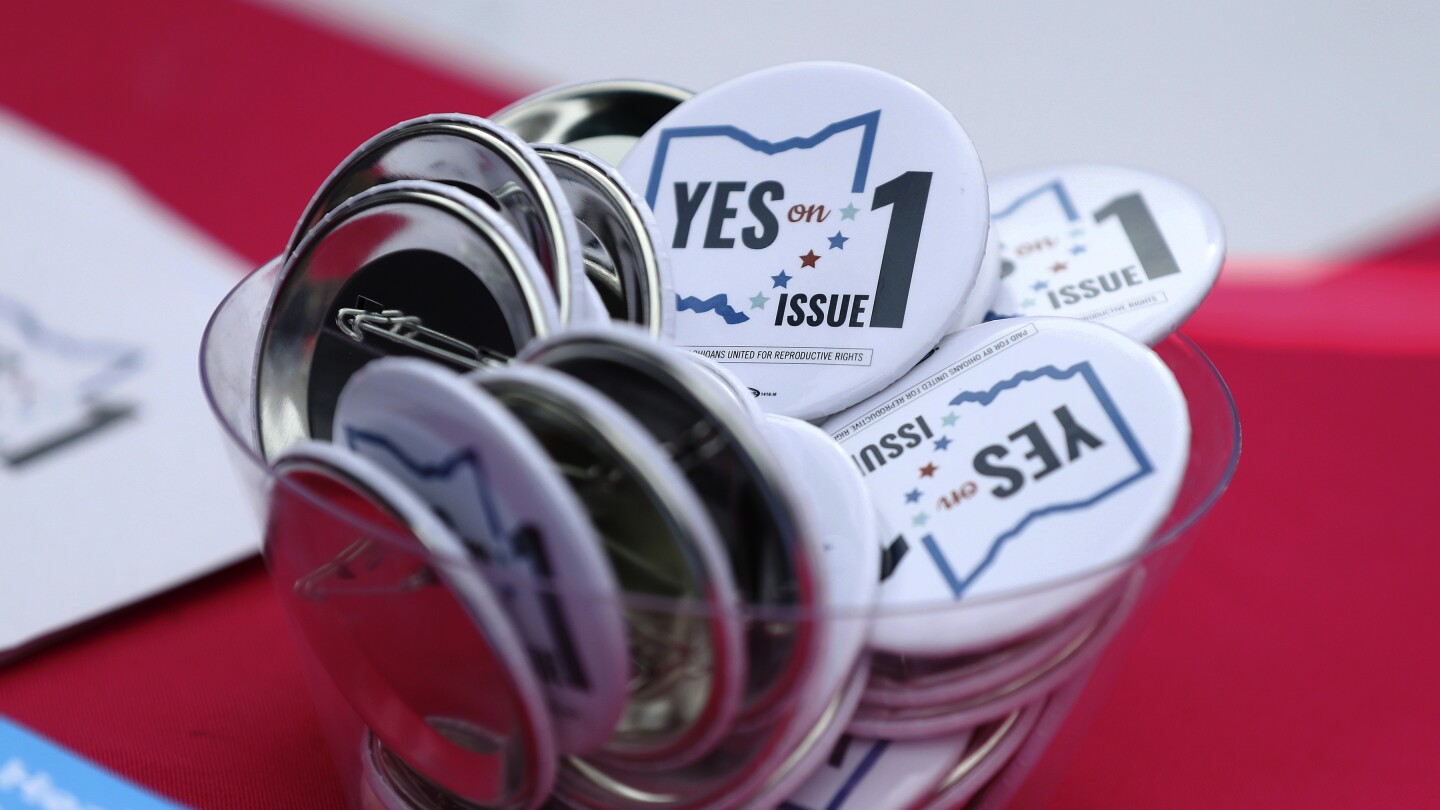
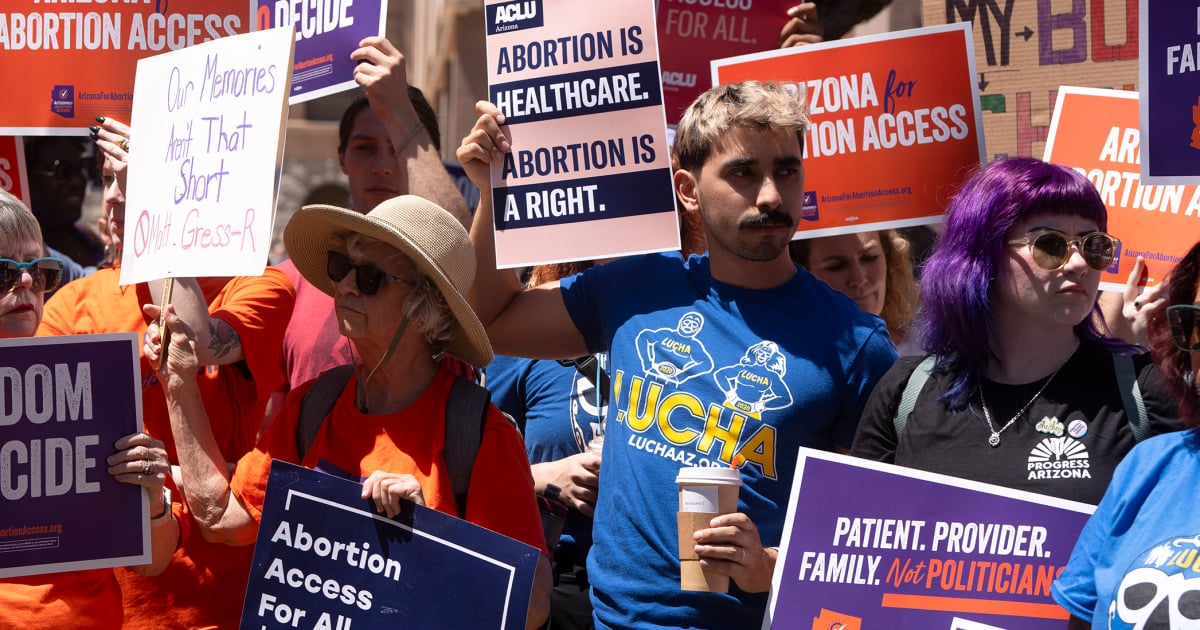
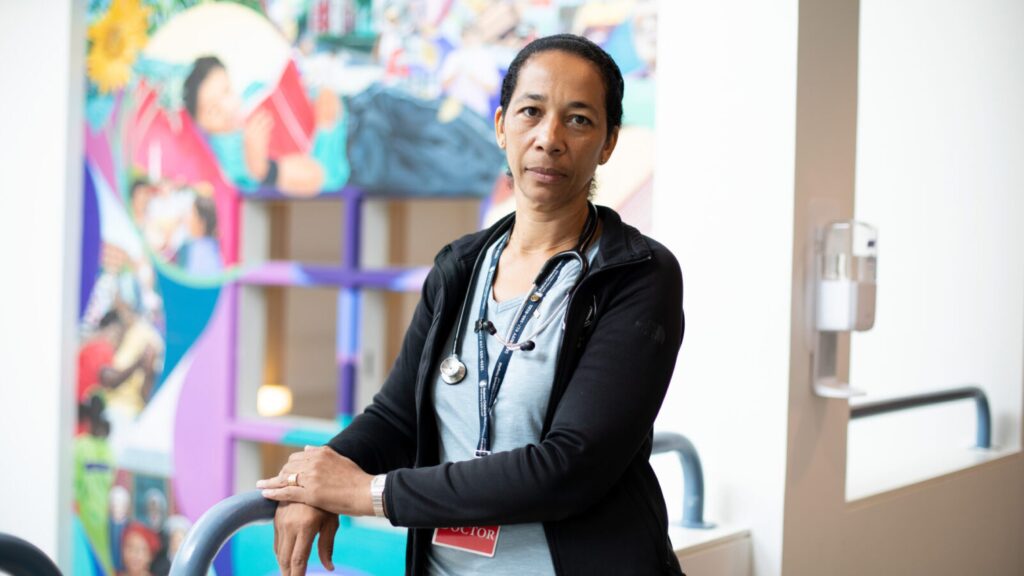


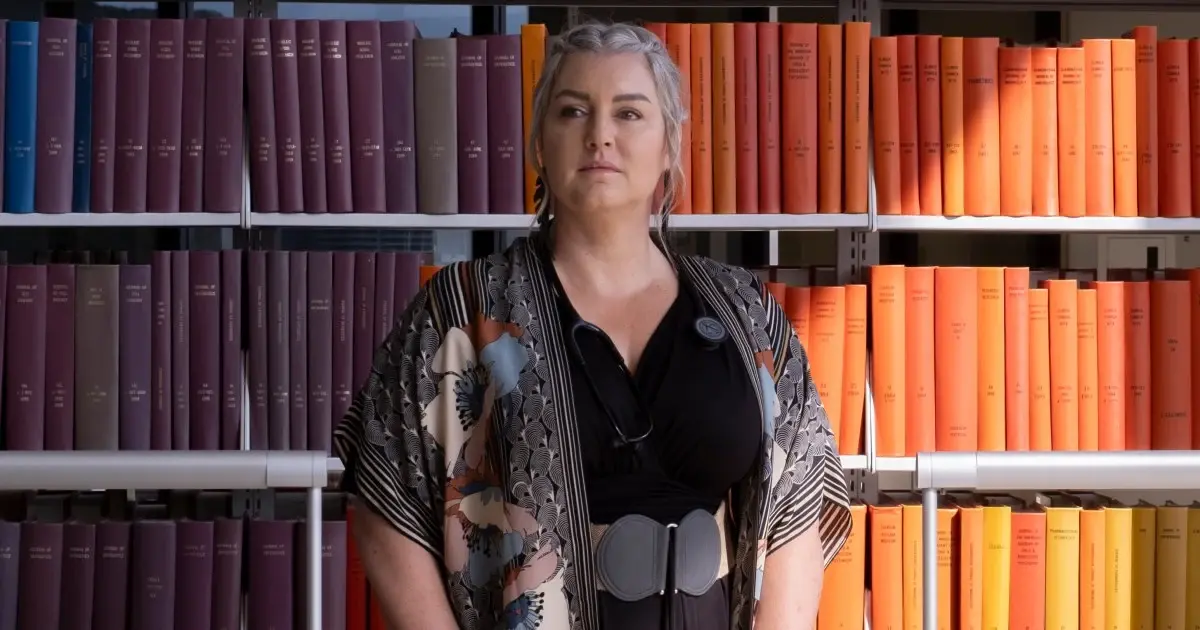




Sure, because we’ve been taught that is cringe. Personally, I like learning new things (even if it’s not something I’d “normally” be interested in), so I love it when my people both infodump, and then the look of pure joy when they realize that I’m into it.